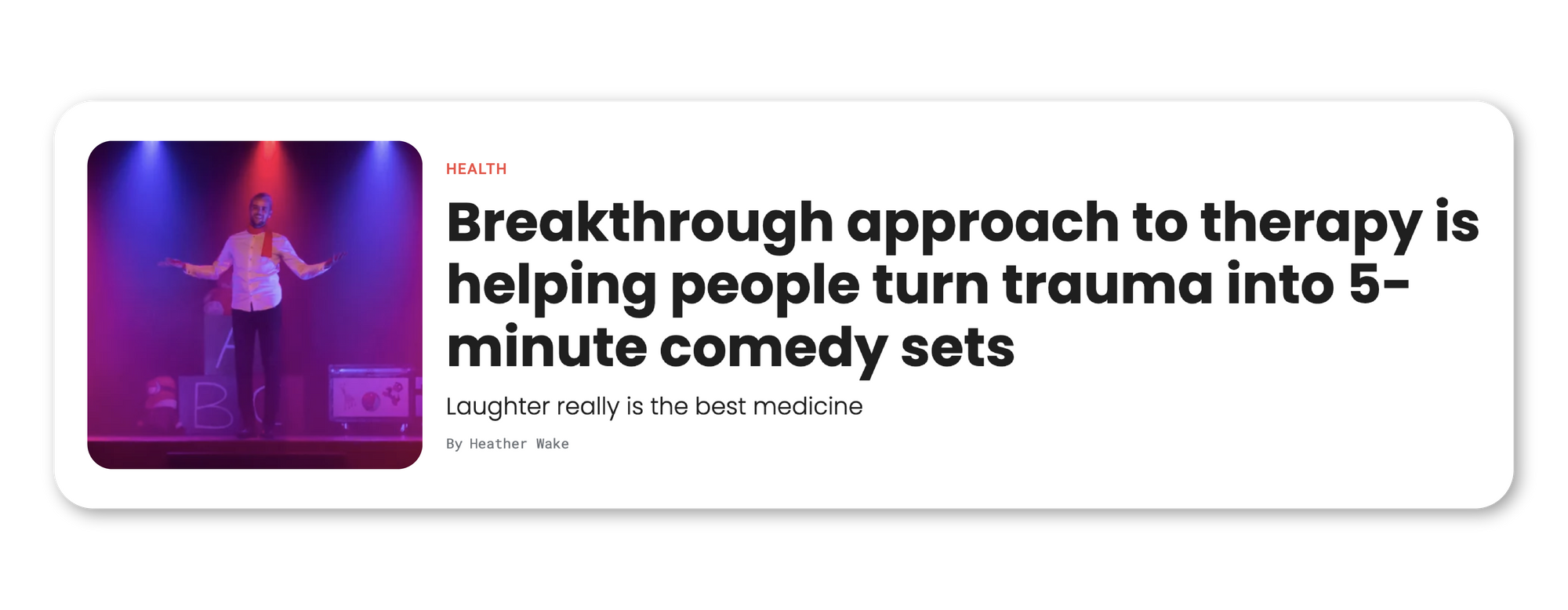Hey friends,
Sorry I missed the newsletter last week! It was my first week as a Foundation Doctor and after a long week of work, my ability to write anything remotely interesting was non-existent.
This week my stamina has improved, and I won't be missing it again. Here are a couple of lessons from my first couple of weeks as a Junior Doctor:
- Stress is contagious. I'm usually calm under pressure but as I've been surrounded by stress, it began to rub off on me. A few situations this week left me very overwhelmed. While stress is contagious, so is a feeling of calm. Rather than escalating the stress, I'm trying to be the circuit breaker that stops it compounding—although that's easier said than done!
- Exams and work in medicine are very different. While exams test your ability to diagnose and manage conditions, medical work is largely reliant on your ability to communicate. Many of my patients this week have been on the perfect management according to a textbook, but felt very anxious because they didn't understand their situation.
- I love working in a team. My ventures with YouTube and Don't F*ck Finals involve a lot of solitary working. Starting work in hospital has reminded me how much I love both supporting, and getting support from a team...and of course having a laugh along the way.
Psychology in marketing, comedy for depression and a website that makes complex research understandable; this week's resonators are worth having a look through.
I hope you have a great week,
Jack
🔊 Resonators
The Marketing Secrets Apple & Tesla Always Use: Rory Sutherland (Podcast)
Rory Sutherland's stories captivated me immediately. In this podcast, he discussed leveraging psychology to solve problems in business.
This sentence particularly stuck out to me:
Magic is possible in psychology even if it isn’t in physics.
Scientific, objective measures are fantastic if you're solving a problem where human perception plays no part in the solution. These measures demand that there is a rational link from persuasion through to action. Often there is no rational link. We're wildly irrational in our decisions to make a purchase.
Off White sell t-shirts for hundreds of pounds, that decision isn't rational. The perceived value of the brand makes the purchase seem logical, but rationally that piece of material isn't worth its absurd price tag.
Here's another example. How do you make the process of ordering a taxi less stressful? It isn't the wait for the taxi that creates stress, it's the uncertainty of how long it's going to take—or if it's even coming at all. Uber solved this by providing a map of exactly where the car is, and how long it's going to be.
Instead of viewing your problems through the lens of physics, consider using a psychological lens. Suddenly empowering you to change the weather, rather than just to steer the ship through the crashing waves.
You won't be underwhelmed by what Rory Sutherland has to say, this is a great conversation!

Breakthrough approach to therapy is helping people turn trauma into 5-minute comedy sets (Article)
I'm very passionate about new and innovative ways to tackle mental health issues. Social interventions are underused yet show strong promise, as I discussed in my Lost Connections book review.
The founder of Comedy On Referral realised that her students would often comment on how much:
“...stronger, more resilient and happier they were after exploring their personal histories through stand-up comedy.”
The issue with this is that people don't come to the doctor to hear: 'Just laugh at your past trauma, that'll cure you.'
I can see this being very helpful for extroverted, confident individuals that are struggling to process past traumas. However, it won't be useful for those whose depression has crushed their self-confidence so much that they can't to leave the house.
To deal with our current mental health crisis, we need a variety of different programmes to help depending on the personality of the person in front of us. This programme will be perfect for some, and for that reason, I think it's a great addition to the arsenal of therapies that we have for those suffering with depression.

Explain This Paper: Apple's Foray Into Healthcare 🍏 (Article)
I'm obsessed with this website. Explain This Paper curates complex scientific papers into short, easily digestible summaries.
This article summarises a 59-page report from Apple on their endeavours into the healthcare space.
They consist of:
- empowering users to understand and improve their health. This include detecting falls and irregular heart rhythms. Also, leveraging social accountability to motivate users to keep pushing towards their fitness goals.
- collaborating with the medical community to improve the relationship between doctors and patients through providing more health information, help researchers make scientific discoveries and support government initiatives.
It's a very exciting time for healthcare. Innovation in laptops and smartphones has begun to plateau, with improvements becoming incremental rather than radical. Digital innovation in healthcare still remains in its infancy.
Explain This Paper is a great way to stay up-to-date with the latest healthcare innovations.
